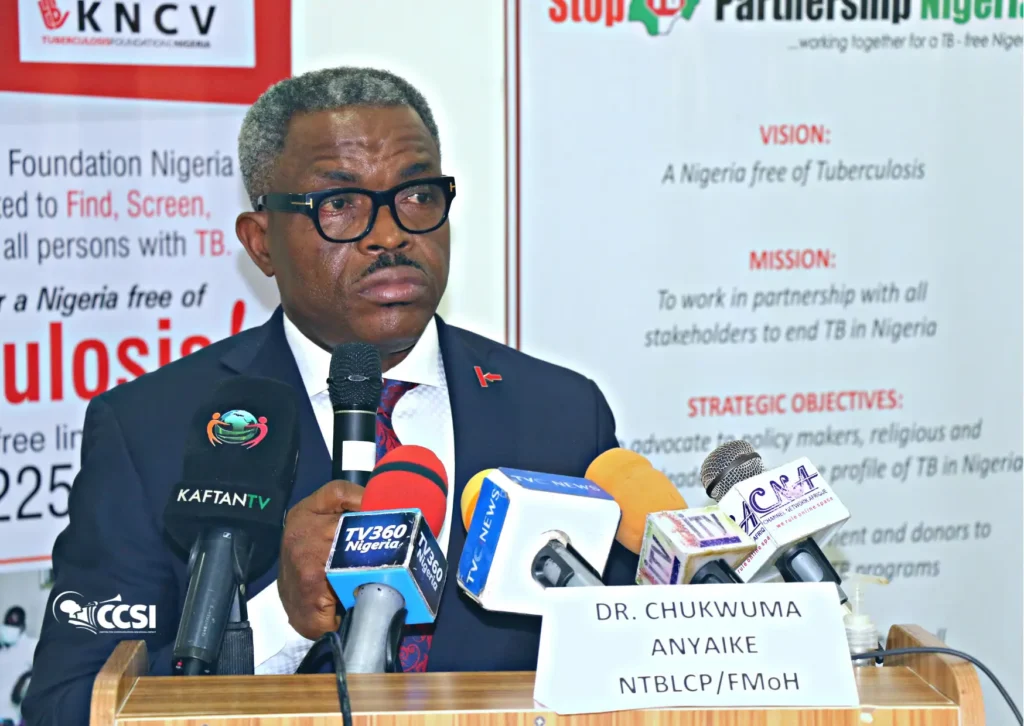The Federal Government, alongside key stakeholders, unveiled a climate change on healthcare policy document in a move to address the growing impact of climate change on healthcare delivery in Nigeria.
This initiative was announced during a two-day National Stakeholders Validation Workshop, focusing on Nigeria’s Climate Change Health Vulnerability and Adaptation Assessment report in Abuja on Saturday.
Dr. Chukwuma Anyaike, Director of Public Health at the Ministry of Health and Social Welfare, highlighted the urgency of the policy in light of the increasing health complications resulting from climate-related events such as flooding.
The significance of the policy
He noted that flooding had led to a surge in cases of cholera and the expansion of mosquito-breeding zones, exacerbating the prevalence of malaria in regions previously unaffected.
“Flooding has significantly increased the breeding sites for lymphatic filariasis, commonly known as elephantiasis,” Anyaike stated.
“Out of the 774 local government areas assessed, 583 are heavily burdened by this disease. Moreover, floods have devastated farmlands and properties, with 40% of flood-related health complications arising from drowning.”
Anyaike emphasized the critical need for a robust policy framework to address these health challenges, emphasising the importance of stakeholder involvement in creating a practical and actionable document.
“We need to understand the vulnerabilities and health impacts associated with climate change. This workshop brings together relevant stakeholders to develop a policy that can be effectively implemented, ensuring the health system, rooted in primary health care principles, is well-equipped to manage these issues.”
Dr. Walter Mulombo, the World Health Organization’s (WHO) Country Representative to Nigeria, echoed these sentiments.
Represented by Dr. Edwin Edeh, National Technical Officer for Public Health and Environment at WHO, Mulombo pointed to the increasing vulnerability of the health sector to climate change.
He highlighted recent cholera outbreaks and the impact of climatic changes on health facilities across various states.
“The health sector must adopt proactive measures to address these challenges,” Mulombo stressed.
“This includes identifying gaps and developing strategies to respond to climate crises. Our collaborative assessment with partners aims to prioritize interventions that will mitigate climate-related health emergencies and secure adequate financing for these initiatives.”
What you should know
Rob Wood, Managing Director of International LTD Consultant Halcyon, outlined the extensive research and data collection efforts undertaken for the Nigerian Climate Change Vulnerability and Adaptation Assessment report.
Supported by the UK government, this project began in January and involved over 300 stakeholders across all six geopolitical zones.
“We conducted thorough analyses to understand current issues and future risks posed by climate change to the health sector,” Wood explained.
“This workshop serves to validate our findings, and we anticipate the official launch of the report in the coming weeks.”
